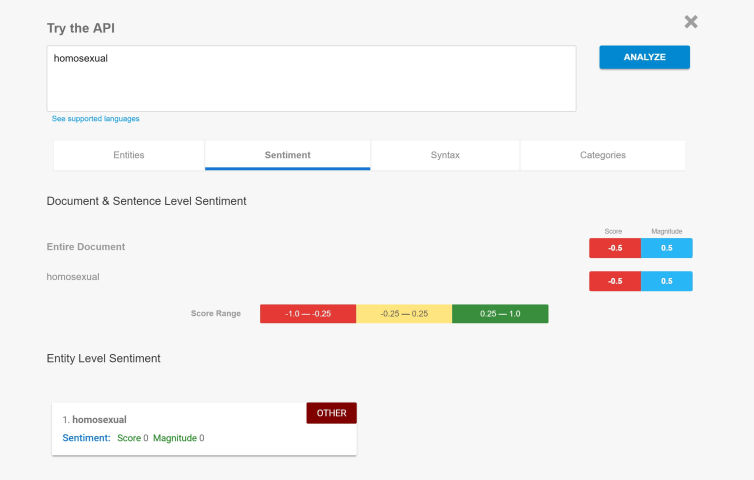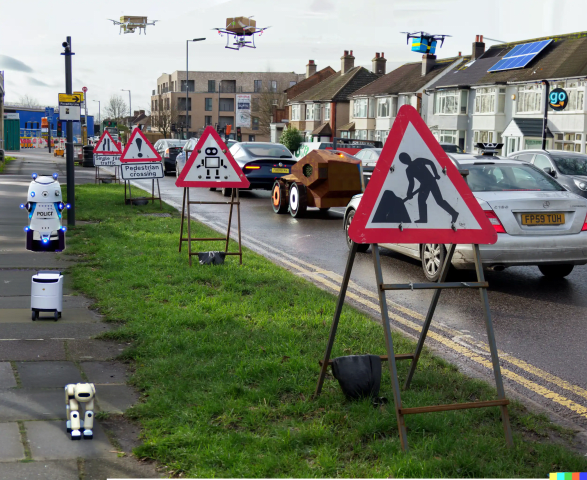Incident 65: Fonctions de récompense de l'apprentissage par renforcement dans les jeux vidéo
Entités
Voir toutes les entitésClassifications de taxonomie CSETv0
Détails de la taxonomieProblem Nature
Specification
Physical System
Software only
Level of Autonomy
Unclear/unknown
Nature of End User
Expert
Public Sector Deployment
No
Data Inputs
Universe software training
Classifications de taxonomie CSETv1
Détails de la taxonomieIncident Number
65
Special Interest Intangible Harm
no
Date of Incident Year
2016
Date of Incident Month
12
Date of Incident Day
21
Estimated Date
Yes
Risk Subdomain
7.1. AI pursuing its own goals in conflict with human goals or values
Risk Domain
- AI system safety, failures, and limitations
Entity
AI
Timing
Post-deployment
Intent
Unintentional
Rapports d'incidents
Chronologie du rapport

Chez OpenAI, nous avons récemment commencé à utiliser Universe, notre logiciel de mesure et de formation d'agents IA, pour mener de nouvelles expériences RL. Parfois, ces expériences illustrent certains des problèmes de RL tels qu'ils sont …
Variantes
Incidents similaires
Did our AI mess up? Flag the unrelated incidents
Incidents similaires
Did our AI mess up? Flag the unrelated incidents


